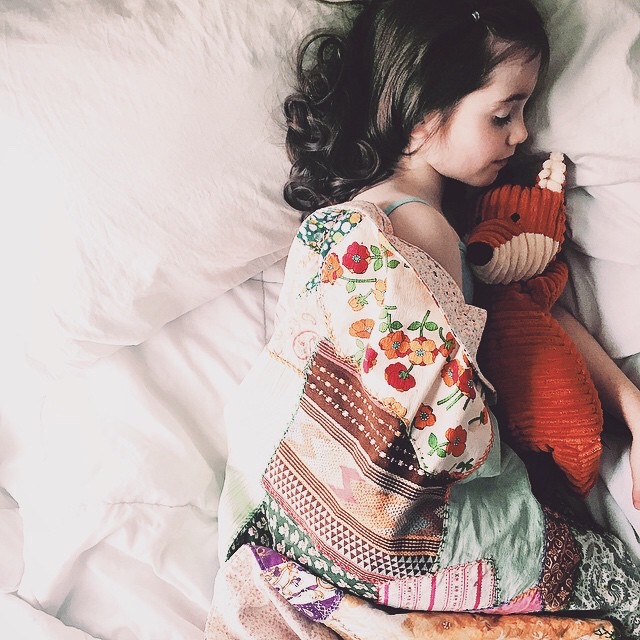When we customize a sleep plan for a family, we always give recommendations for the timing of bedtime. In many cases, we ask parents to put their child to bed earlier. Why? Wouldn’t an earlier bedtime cause them to wake up super early in the morning? Won’t it confuse them if they are crawling into bed before the sun is set? Will they always need to go to bed earlier? Let’s break down the reasons why early bedtimes are a parent’s secret weapon.

It’s Easier to Fall Asleep
Most of the families we work with have overtired children because they are not sleeping well. In many cases, children are melting down and taking forever to fall asleep It’s not that they aren’t tired enough; a bedtime that is too late can make it harder for a child to fall asleep. An earlier bedtime helps get ahead of overtiredness. While it will not solve every sleep issue, it helps alleviate some crying in babies and meltdowns in toddlers. It allows for bedtime routines to be carried out without extra stalling and fussiness. If you have a baby showing tired cues and red eyes at 5:30 pm, consider that early bedtime! If your toddler is having trouble finishing dinner (or taking a long time to eat) and then all of a sudden gets a rush of energy after that, it also may be helpful to implement an earlier bedtime. Watch your children– bedtime can be as early as 5:30 pm!
Early Bedtimes Help Early Wake Ups
On average, babies and toddlers tend to wake between 5:30 and 7:00 to start their days. There are always some outliers that wake earlier or later no matter what, but if you have a child that is all of a sudden waking earlier than usual, it’s possible that bedtime has creeped later and later. Some overtired children will not have trouble falling asleep at night, but they have trouble going back to sleep at 4-5 am, which is when they are in a lighter sleep state. An earlier bedtime can prevent that overtiredness by providing some extra deep sleep at the beginning of the night. This will help bring your child’s wake up time back to normal. Despite what people think, an earlier bedtime will not cause your child to wake up early, but a later bedtime will not help your child sleep later. That later bedtime can make things worse.
Early Bedtimes Make Transitions Easier
Babies and toddlers go through many transitions in their first few years of life. They transition the number of naps they take each day. They also make transitions to daycare, school, and possibly time zones if you travel. A temporary early bedtime can help make all of these transitions smoother. When making a nap transition (from 2 to 1 nap), naps may be shorter. If this is the case, an earlier bedtime can help preserve nighttime sleep and help that single nap come into place. When transitioning from one nap to no nap, an earlier bedtime will help your child get used to not sleeping during the day and make things easier on your toddler (and you as parents). An earlier bedtime can help erase a sleep debt that may have accumulated over a vacation where schedules were off due to fun activities.
Early Bedtimes Can Save Sanity
We are in some unprecedented times due to COVID-19. Many parents are working from home while their children attend online classes. While this has provided some families with more flexibility, it may mean that your children have been staying up later and later (it’s happened in my home!). If you are finding that your children are getting less sleep than they have before, or if you find that everyone is in a mood at the end of the day, take a look at how you may be able to adjust your children’s bedtimes a bit. Bringing things back 30 minutes at a time might help everything run smoothly again. Not seeing an improvement after a few days and still have cranky kiddos? Try bringing things earlier by another 30 minutes. You can implement some routine charts and possibly have a family meeting to help older children get on board.
Give it Time
An early bedtime can work its magic quickly, but don’t be surprised if you need to use one for a week or two. As you start to see some improvements and you are curious if your child can handle going to bed a little later, you may play with stretching things in 15 minute incremements (if you want to! If everyone is happy with that earlier bedtime there is no need to push it away!). If you find things stretch too much and your child starts to have trouble again, you can always bring back the early bedtime.
Having trouble figuring out the best bedtime for your baby or toddler? We are always happy to help! Consider an ask us anything session or full consult depending on your family’s needs. We would love to help your family get more sleep!
